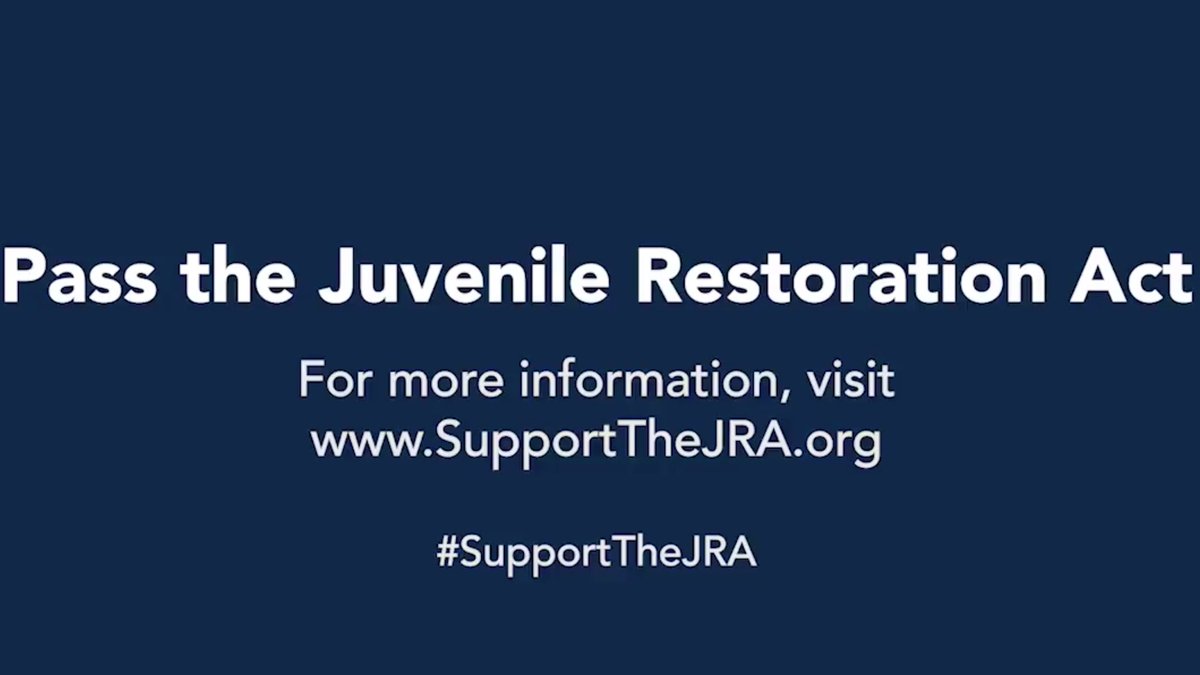Legislation before the Maryland House Judiciary Committee, HB 409 – the Juvenile Restoration Act – ends juvenile life without parole sentences (JLWOP) and instead, makes parole possible for those sentenced as juveniles who have served 20 years.
The racial disparities of JLWOP are stark—among those sentenced to life without parole while they were still children, 82% are Black. Maryland has the the worst record of this kind in the entire U.S.
There are however, additional considerations to be taken seriously. In 2012, the Supreme Court banned mandatory life-without-parole sentences for juveniles, viewing these sentences as a violation of the Eighth Amendment ban on cruel and unusual punishment and required that an avenue for reassessment be provided. The majority of the courts in the U.S. have taken this into account with laws around juvenile sentencing.
Twenty-five states and the District of Columbia have banned life-without-parole sentences for juveniles, and in six additional states, there are no juvenile offenders serving these sentences. Clearly, Maryland is out of step with most of the rest of the country.
Takoma Park Mobilization supports HB409 (and cross-filed Senate Bill 494) and submitted this testimony –
Dear Chair Clippinger and Members of the House Judiciary Committee:
Takoma Park Mobilization is a grassroots organization with 2,300 members that advocates and works to ensure equal treatment and justice for all at every level of government. We are in SUPPORT of HB 409.
The passage of HB 409 ends juvenile life without parole sentences and instead, would make parole possible for those sentenced as juveniles who have served 20 years.
As of today, there are approximately 400 people in Maryland prisons who were sentenced as children and would be immediately eligible for an opportunity to have their sentences reviewed if HB 409 is passed. 87% of these people are Black; 114 of them are over 50 years old. Among those sentenced to life without parole while they were still children, 82% are Black— the worst racial disparity of its kind in the entire U.S. We believe that these numbers in themselves indicate that a change in the law is indicated.
There are however, additional considerations to be taken seriously. Recent research about the brain has shown that individuals under the age of 18 are not fully developed physically, intellectually or emotionally. They are more prone to act based upon peer pressure and less likely to be able to process possible consequences when making decisions. In 2012, the Supreme Court banned mandatory life-without-parole sentences for juveniles with their decision in Miller v. Alabama. The court viewed these sentences as a violation of the Eighth Amendment ban on cruel and unusual punishment and required that an avenue for reassessment be provided if harsh sentences have been imposed. The majority of the courts in the U.S. have taken this into account with laws around juvenile sentencing. It is time that Maryland follow suit.
Twenty-five states and the District of Columbia have banned life-without-parole sentences for juveniles, and in six additional states, there are no juvenile offenders serving these sentences. Maryland is out of step with most of the rest of the country in this regard.
The Juvenile Restoration Act is supported by case law, science, data, research, and is bipartisan in its support—it is good public policy. It gives a second chance to Maryland’s youth, some of whom were never given a first chance. When child offenders demonstrate their rehabilitation, the state should permit them an opportunity to reintegrate into society. All Marylanders benefit when we build a more equitable criminal justice system.
We urge a favorable report on HB 409.
